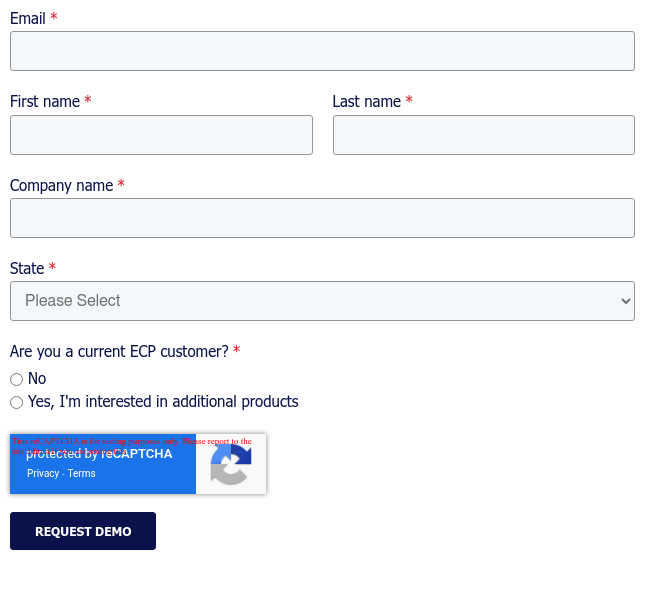Michigan License Requirements for Adult Foster Care Homes
Michigan's Adult Foster Care (AFC) homes offer a variety of personalized support options to meet varying preferences and care requirements needs. The diverse range of AFC homes includes intimate settings, small and large group homes, and congregate facilities. Under LARA, The Adult Foster Care Act (PA 218 0f 1979) and the Public Health Code (PA 368 of 1978) provides the Department’s authority to establish rules to ensure the safety, dignity, and quality of life of these residents. Let's explore the acts, the different types of AFC homes and their contributions to enriching residents' lives across the state.
The Adult Foster Care Act (PA 218 of 1979):
This act establishes regulations and guidelines for adult foster care homes in Michigan. Adult foster care homes provide care, supervision, and assistance with daily living activities for individuals who are unable to live independently due to age, physical, mental, or developmental disabilities. The Act sets forth licensing requirements for such homes, including standards for the physical environment, staff training, resident care, and safety. It aims to ensure the well-being and safety of residents living in adult foster care settings.
The Public Health Code (PA 368 of 1978):
The Public Health Code is a comprehensive piece of legislation that addresses various aspects of public health and health-related matters in the state of Michigan. It covers a wide range of topics, including the regulation of health professions, disease control, environmental health, food safety, communicable diseases, health facilities licensing, and more. The Public Health Code aims to protect and promote the health and well-being of Michigan residents by establishing standards and regulations for various aspects of public health.
The Types of Adult Foster Care Homes in Michigan:
-
Traditional Adult Foster Care Home:
An AFC Family Home is a private residence where a caregiver provides care and supervision for one to six adult residents. With a focus on personalized attention, traditional AFC homes create a family-like atmosphere that promotes both physical and emotional well-being. Caregivers in AFC Family Homes are subject to regulations related to the care, safety, and wellbeing of residents. Licensing and regulations may cover aspects such as training requirements for caregivers, background checks, home inspections, resident rights, and care plans. -
AFC Small Group Homes:
An AFC Small Group Home is a residence where a caregiver provides care and supervision for seven to twelve adult residents. AFC small group homes strike a balance between personal attention and social engagement. Residents benefit from a close-knit community and opportunities for meaningful interactions. Similar to AFC Family Homes, regulations apply to areas such as caregiver training, background checks, resident rights, and the physical environment of the home. -
Large Group Homes:
AFC Large Group Homes have a capacity of more than twelve residents. These homes foster a bustling community while emphasizing individualized care and a supportive environment. Group activities and friendships contribute to residents' well-being. These homes are subject to stricter regulations due to the larger number of residents and potential challenges in maintaining individualized care. Regulations may include staffing ratios, safety measures, medical care coordination, and resident assessments. -
Congregate Facilities:
AFC Congregate Facilities are designed for individuals who need a higher level of care due to medical or cognitive conditions. Offering independent living within a communal setting, these facilities provide private living spaces and shared common areas for social interactions. Residents can engage in group activities while maintaining privacy. These facilities offer specialized care and often include assistance with activities of daily living (ADLs) and more comprehensive medical support. Regulations for AFC Congregate Facilities likely include staffing qualifications, medical oversight, emergency plans, and protocols for managing residents with complex health needs.
Michigan's AFC homes reflect a commitment to personalized care and resident well-being. Each type of home offers a unique living experience that aligns with individual preferences and needs. In Michigan, the Department of Licensing and Regulatory Affairs (LARA) is typically responsible for overseeing and licensing adult foster care facilities. Regulations for AFC facilities are put in place to ensure the safety, dignity, and quality of life for residents. These regulations can encompass areas such as staffing requirements, training, resident assessments, medication administration, safety standards, resident rights, and more.
Keep in mind that regulations can evolve, and it's crucial to consult official state sources or legal professionals to get the most current and accurate information on regulations for different types of AFC facilities in Michigan.
If you're interested in improving care quality and operational efficiency in your Adult Foster Care (AFC) home, consider requesting a personalized demo from ECP.
Note - The information provided on this website does not, and is not intended to, constitute legal advice; instead, all information, content, and materials available on this site are for general informational purposes only. ECP makes no warranties as to the accuracy of this content and does not commit to updating it as regulations change. Readers of this website should contact their attorney to obtain advice with respect to any particular legal or compliance matter.



